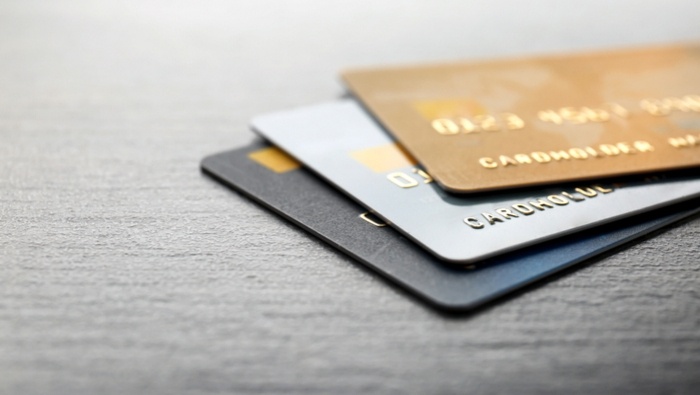What Is Your Credit Card’s Effective Annual Interest Rate (EAR)?

Just what does EAR have to do with you and your credit card? Here is what you should know about it if you typically carry a balance on your credit card.
When looking at credit card offers, whether it is online, through a brochure, or even a mail ad, one of the first numbers you will see for that specific credit card is the APR. The APR, or the annual percentage rate, is the measurement of how much you are expected to pay per year for charges used on your credit card. This number will vary depending on the crediting company, the type of credit card and your credit score.
However, what many consumers do not know is that there is another number hidden in their credit card agreements. This hidden number, the Effective Annual Interest Rate, or EAR, is the interest rate that is actually charged on a financial product as a result of the compounding of the credit over a period of time.
So What Does the EAR Have To Do With You and Your Credit Card?
Well, with credit cards, the creditors (the financial institution that has issued the credit card) will compound the balance over a specified time. This specified time may be yearly, bi-yearly, monthly, weekly or daily. The more the credit is compounded, the more the borrower will have to pay. With most credit cards, the compounding period is daily. This means that every day, the interest will be calculated and added to your credit card balance. The next day, it will be calculated again off of the new daily balance.
According to the Corporate Finance Institute, the EAR is a rate higher than the APR stated by the crediting company. This means if the borrower holds a balance on their credit card, they will, in reality, be paying more interest than their stated APR because of the continuous compounding of the balance of the credit card.
For example, suppose you hold a credit card with a 20% interest rate and a balance of $1,000. If your credit card did not have any compounding, then you would only be charged the 20% interest for the year (assuming you didn’t make payments on your credit card) or $200. However, if your credit card was to be compounded daily, then you can expect the EAR to come to 22.1336%. With the EAR of 22.1336%, if you were to hold a balance of $1,000 on your credit card for one year with no payments, you would have to pay an additional $221.34 in interest charged, $21.34 more than if your credit card didn’t have any compounding on the balance. This amount may seem like a small difference. But the difference becomes significantly more the higher your balance becomes.
Sign Up for Savings
Subscribe to get money-saving content by email that can help you stretch your dollars further.
Twice each week, you'll receive articles and tips that can help you free up and keep more of your hard-earned money, even on the tightest of budgets.
We respect your privacy. Unsubscribe at any time.
Why Do Creditors Not Advertise the EAR?
When it comes to credit cards or even loans, creditors are known only to advertise the APR. Many borrowers do not know the difference between the APR and the EAR, and because of this, the creditors want only to advertise the lower of the two. If the creditors were to advertise the EAR instead of the APR, then borrowers would be less likely to apply for their credit card or loan. Obviously, this would create a loss in applications and earnings for the creditors.
So What Can You Do?
The most important thing to do when you are looking at credit cards is to become informed on the type of credit card and what you will be actually paying on your card if you hold a balance. While you could calculate the EAR yourself, there are numerous calculators online which can calculate the EAR for you. No matter, in the calculations, it is always best to assume that your credit card is compounded on a daily basis.
Some calculators you can use to help calculate the EAR include:
The best thing you can do for yourself and for your credit history is not to carry a balance on your credit card. When you use your card, pay the balance before the due date. If you do this, you will not be charged interest and won’t need to worry about EAR and APR! If, for any reason, you are unsure whether you’ll be able to pay off the balance, then the best thing would be to steer clear of applying for credit cards and hide your existing credit cards until you are in a better financial situation and can pay off the full balance each month.
Get Help Paying Off Credit Card Debt
Use these guidelines to choose the best plan to pay off your credit card balances.
Reviewed October 2023
Wouldn't you like to be a Stretcher too?
Subscribe to get our money-saving content twice per week by email and start living better for less.
We respect your privacy. Unsubscribe at any time.
Popular Articles
- 7 Habits of Highly Frugal People
- 5 Simple Budget Cuts That Can Save $200 a Month
- How to Track Down Unclaimed Funds Owed You
- 32 Ways to Save Money on Your Utility Bills
- Do You Need Credit Life Insurance When Buying a New Car?
- How to Maximize Profits When Selling Online
- Staying Motivated to Continue Digging Yourself Out of Debt

